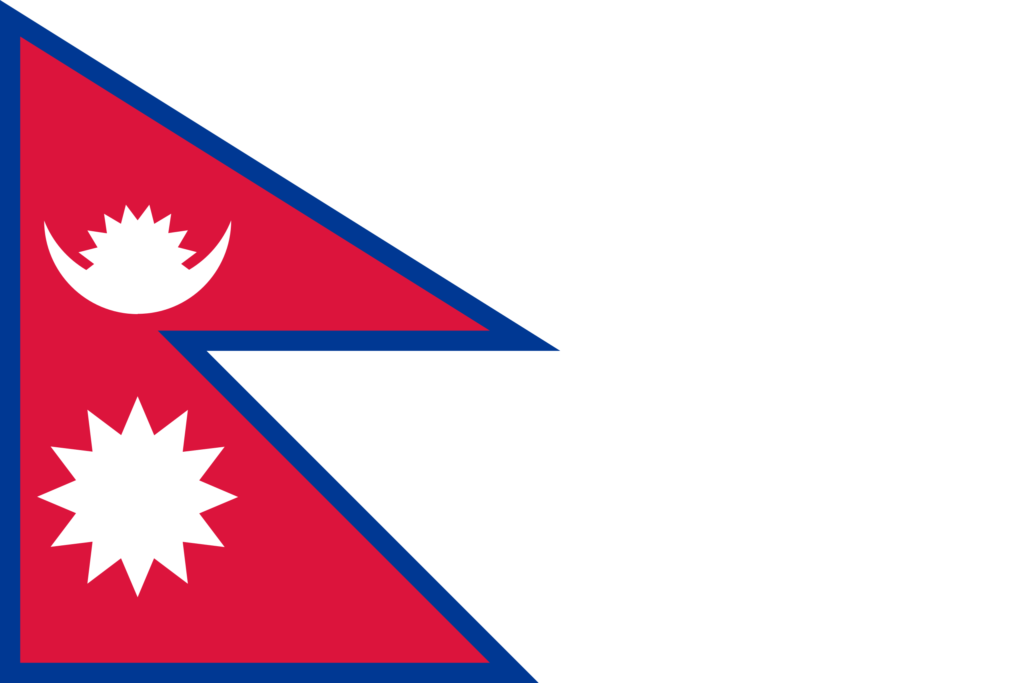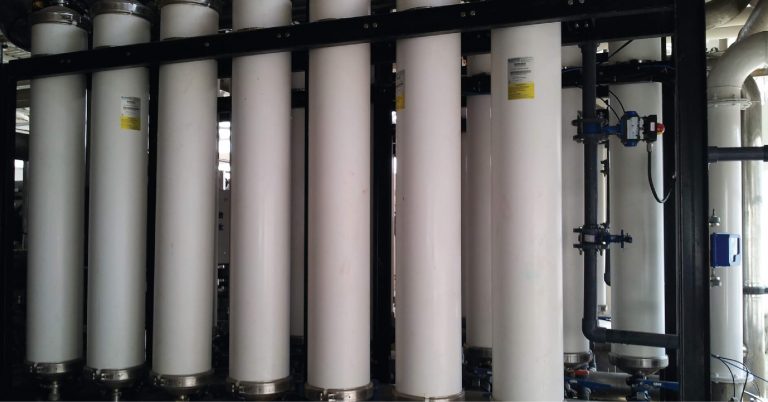Clean water is a vital resource for any country, and Nepal is no exception. With growing industrialization and urbanization, the demand for effective water treatment solutions has risen significantly. One technology making waves in this regard is the ultrafiltration process. This blog will delve into what the ultrafiltration process is, its benefits, and its industrial applications, particularly in Nepal.
What is the Ultrafiltration Process?
The ultrafiltration process is a physical filtration method that removes suspended particles, bacteria, viruses, and other impurities from water using a semi-permeable membrane. This ultrafiltration membrane process operates on a simple principle: water is forced through the membrane under pressure, leaving impurities behind. Unlike conventional filtration, the ultrafiltration process achieves a higher level of purification, making it ideal for various applications, including drinking water, wastewater treatment, and industrial use.
The Ultrafiltration Membrane Process Explained
The ultrafiltration membrane process employs membranes with pore sizes typically ranging from 0.01 to 0.1 microns. These membranes act as a barrier, allowing only water and dissolved solutes of low molecular weight to pass through while trapping larger molecules, such as pathogens and suspended solids.
The process of ultrafiltration involves several steps:
- Pre-Treatment: Raw water is pre-treated to remove large debris and reduce the load on the ultrafiltration system.
- Filtration: The water is then passed through the ultrafiltration membrane under pressure. Contaminants are retained on the membrane surface, while clean water permeates through.
- Post-Treatment: Treated water may undergo additional processes like reverse osmosis or disinfection, depending on the application.
Benefits of the Ultrafiltration Process
The ultrafiltration process offers numerous advantages that make it a preferred choice for water treatment:
- High Efficiency: The ultrafiltration membrane process removes up to 99.99% of bacteria, viruses, and other impurities, ensuring excellent water quality.
- Eco-Friendly: Unlike chemical treatment methods, the ultrafiltration process does not rely on harmful chemicals, making it an environmentally sustainable option.
- Low Energy Consumption: Compared to other advanced filtration systems, ultrafiltration requires relatively low energy, reducing operational costs.
- Compact Design: Ultrafiltration systems are compact and easy to integrate into existing infrastructure, making them ideal for space-constrained locations.
- Versatility: From drinking water purification to wastewater treatment, the process of ultrafiltration is suitable for a wide range of applications.
Ultrafiltration Process in Wastewater Treatment
The ultrafiltration process plays a critical role in wastewater treatment, helping industries and municipalities comply with stringent environmental regulations. Nepal, with its growing industrial sector, has seen a surge in the adoption of ultrafiltration for wastewater management.
In the ultrafiltration process in wastewater treatment, the membrane removes suspended solids, oils, and even some dissolved substances, preparing the water for reuse or safe discharge. Industries such as pharmaceuticals, food and beverage, and textiles in Nepal have begun utilizing this technology to minimize their environmental footprint while reducing water consumption.
Industrial Applications of the Ultrafiltration Process in Nepal
- Drinking Water Treatment: The ultrafiltration process is widely used in Nepal to ensure the availability of safe and clean drinking water, especially in regions with limited access to treated water.
- Wastewater Recycling: Industries are increasingly adopting the ultrafiltration process in wastewater treatment to recycle water for reuse, thereby addressing water scarcity challenges.
- Pharmaceuticals and Biotechnology: The ultrafiltration membrane process is crucial for producing high-purity water required to manufacture medicines and vaccines.
- Food and Beverage Industry: In Nepal, this process is used for water purification and maintaining the quality of beverages, ensuring compliance with health and safety standards.
- Power Plants: Ultrafiltration systems treat feed water and reduce scaling and fouling in boilers.
Meeting Nepal’s Water Treatment Needs with Ion Exchange
Ion Exchange is a leading provider of water treatment solutions in Nepal. It offers a range of ultrafiltration systems designed to meet its clients’ diverse needs. The company’s expertise in water treatment ensures that each ultrafiltration system is tailored to the specific requirements of the application, whether it’s for residential, commercial, or industrial use.
HYDRAMEM – Ultrafiltration Membrane
It is a tangential flow, a pressure-driven process that effectively filters particles based on their molecular size. With pore diameters ranging from 10 to 200 Å (0.001 to 0.02 microns), ultrafiltration membranes allow solvents and smaller species to pass through, resulting in a purified ultrafiltrate known as permeate, while larger particles are retained and concentrated. These membranes are reusable and can be cleaned with standard chemicals, making them highly efficient for continuous use. Ultrafiltration in process water treatment ensures the removal of nearly all particulate matter, suspended solids, bacteria, viruses, pyrogens, and colloidal materials, including non-reactive silica, iron, aluminum, and high molecular weight organics, making it essential for pharmaceutical and industrial applications.
Conclusion
Ultrafiltration is a highly effective water treatment technology that has found widespread application in Nepal due to its numerous benefits. From providing high removal efficiency of contaminants to offering energy efficiency and low operational costs, ultrafiltration addresses the country’s water quality challenges.
As Nepal continues to grapple with water scarcity and the need for sustainable solutions, ultrafiltration offers a promising pathway toward ensuring safe, clean, and reliable water supplies. Whether for urban, rural, agricultural, or industrial use, ultrafiltration membranes play a crucial role in supporting UAE’s water treatment needs.


